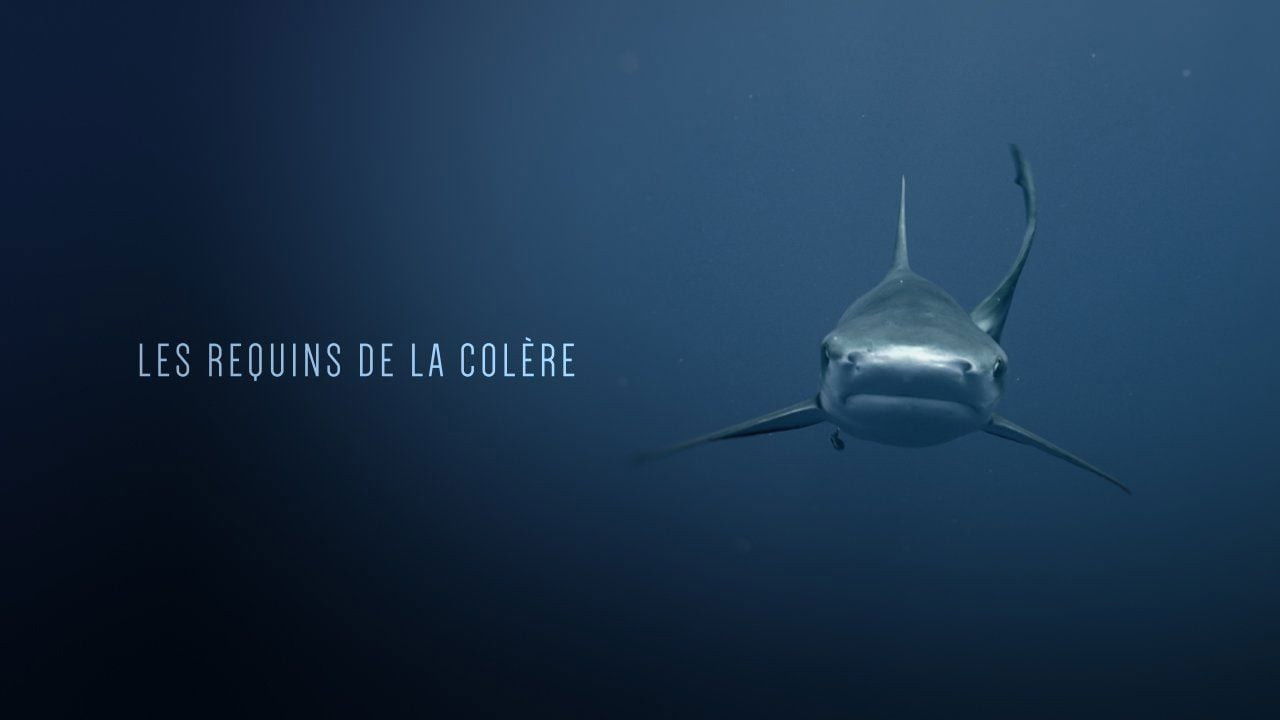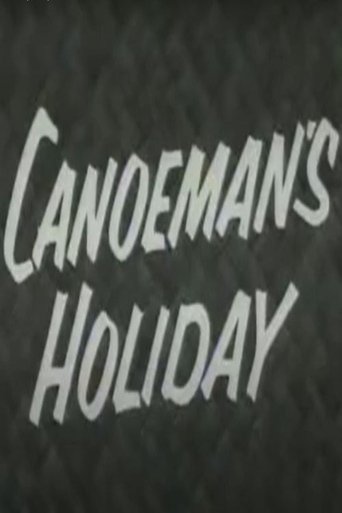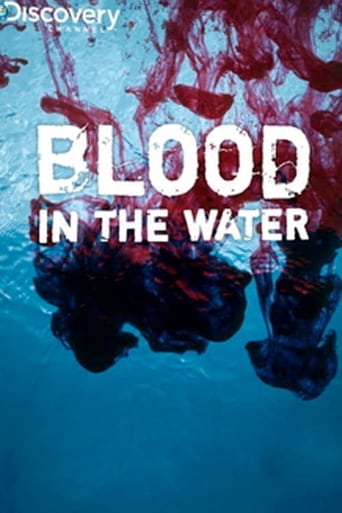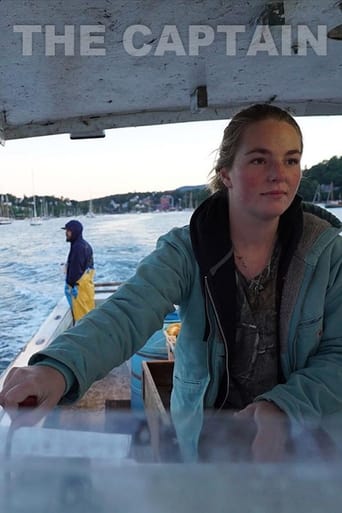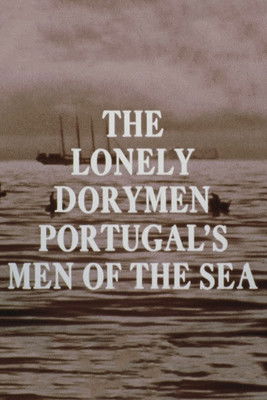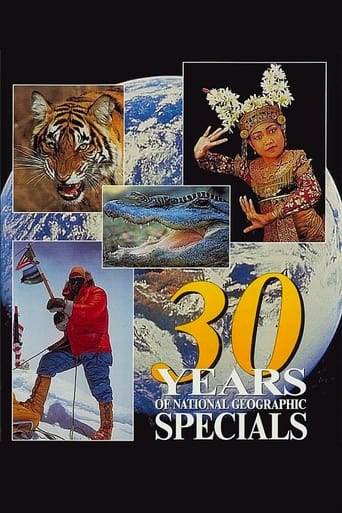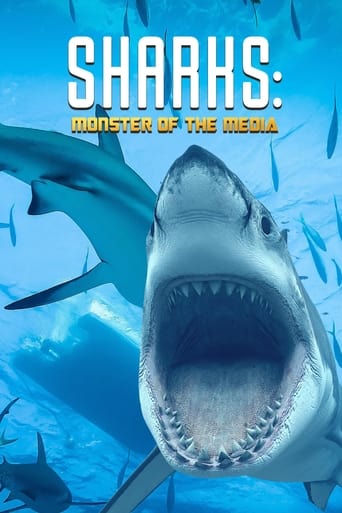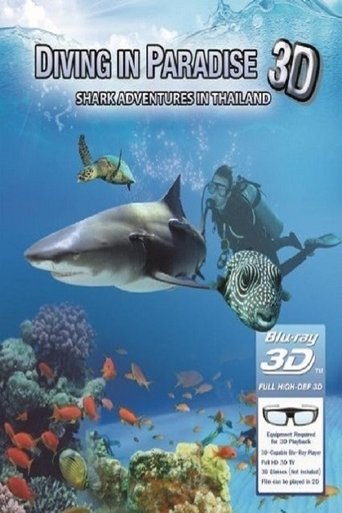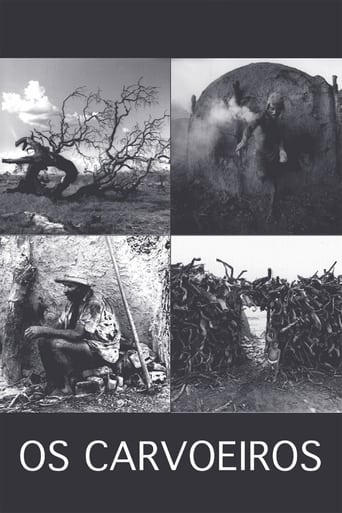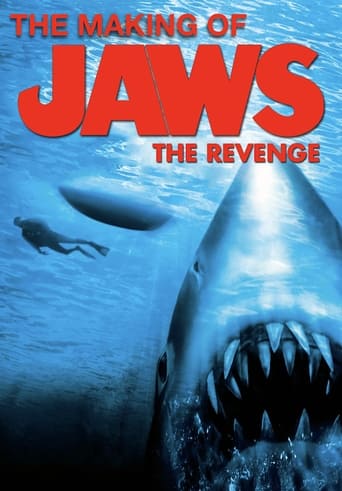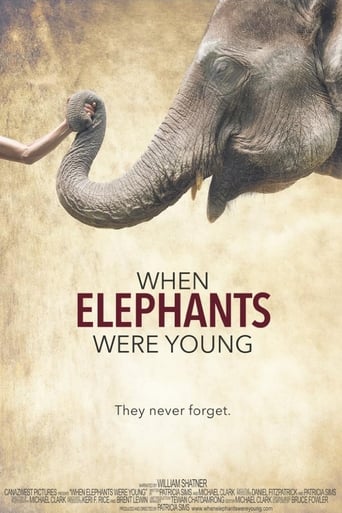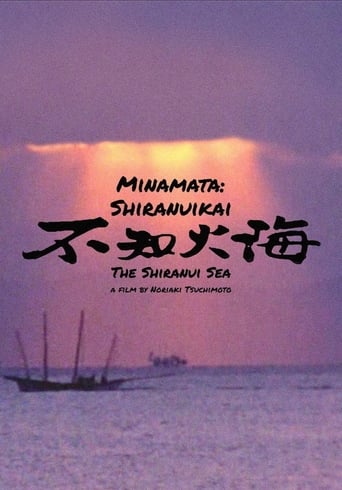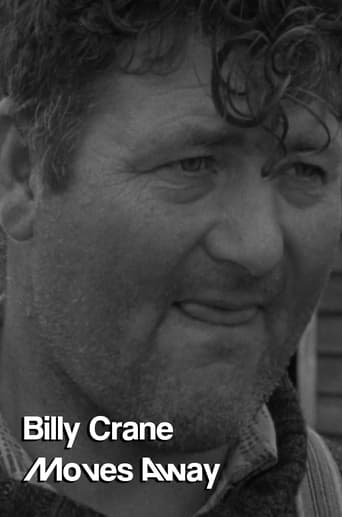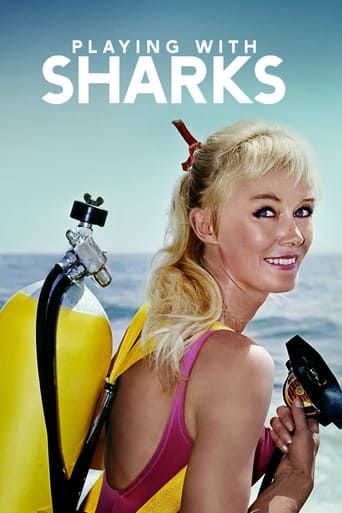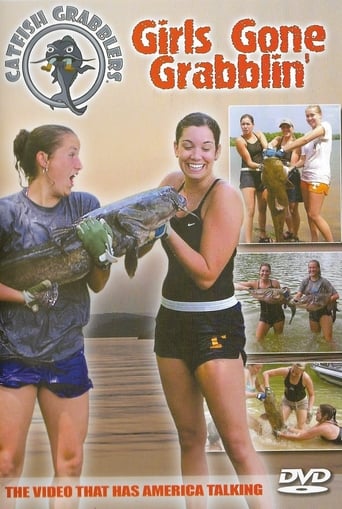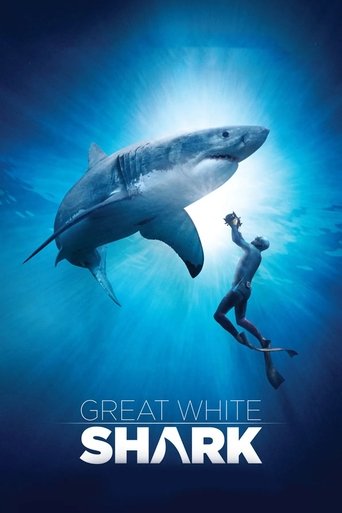
Great White Shark
Misrepresented, maligned and on the verge of extinction, the great white shark is an iconic predator: the creature we love to fear. Great White Shark will explore the great white's place in our imaginations, in our fears and in the reality of its role at the top of the oceanic food chain. The film will concentrate on key aggregation points around the world: Mexico, South Africa, Los Angeles and New Zealand. Key figures in the history of shark research, people whose lives have been changed by contact with the great white, will tell us of their experiences, culminating in a direct encounter between man and shark.
